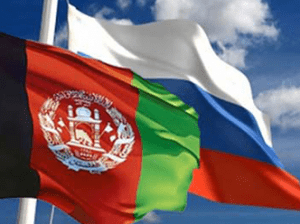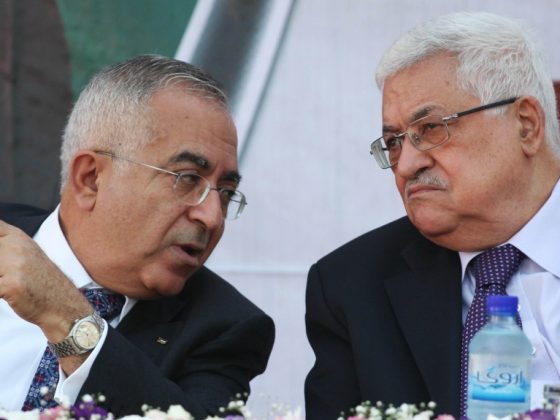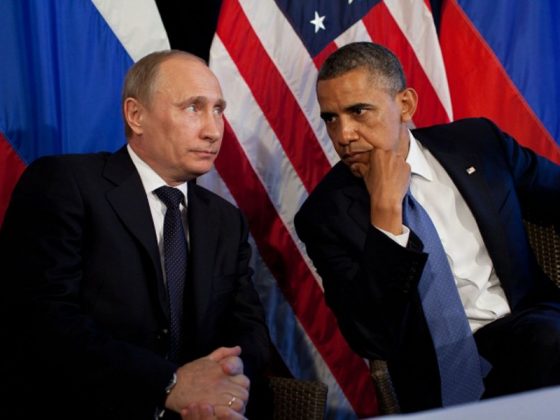(Research Paper) As part of a CIDOB Policy Research Project, a new paper was released titled, "Russia's Concerns Relating to Afghanistan and the Broader Region in the Context of the US/NATO Withdrawal," with a focus on the regional perspective and sources of tension in Afghanistan and Pakistan.
Summary: The departure of NATO forces and most U.S. forces from Afghanistan leaves behind a weak and poorly functioning state, a high level of instability, continuing insurgent and other violence and an opium economy much larger in size than it was a decade ago. On the one hand, this raises serious concerns among the states of the region and powers adjacent to the region, including Russia, about potential repercussions of the US/NATO withdrawal for regional stability. On the other, the withdrawal of foreign military forces may in fact open the way for real negotiations on the intra-Afghan political settlement.
The prospect of the speedy US/NATO withdrawal and of the possible decline in much of the US/NATO interest in Afghanistan elevates the importance of the broader regional dimension of the situation in Afghanistan. This should not imply ‘putting the cart before the horse’: the central dimension of the Afghan problem remains the need for a national intra-Afghan political settlement– which cannot be reduced to little but a function of the interests of regional powers. Even some kind of balance between the interests of the regional powers cannot be a substitute for a genuine political settlement in Afghanistan.
However, the regional dimension of what remains the largest security problem at the intersection of Southwest, South and Central Asia is critical for dealing with the political, security and economic implications of the situation in Afghanistan after 2014 for each of these regions. It will also play a major role in any political power-sharing process between the Afghan parties.











